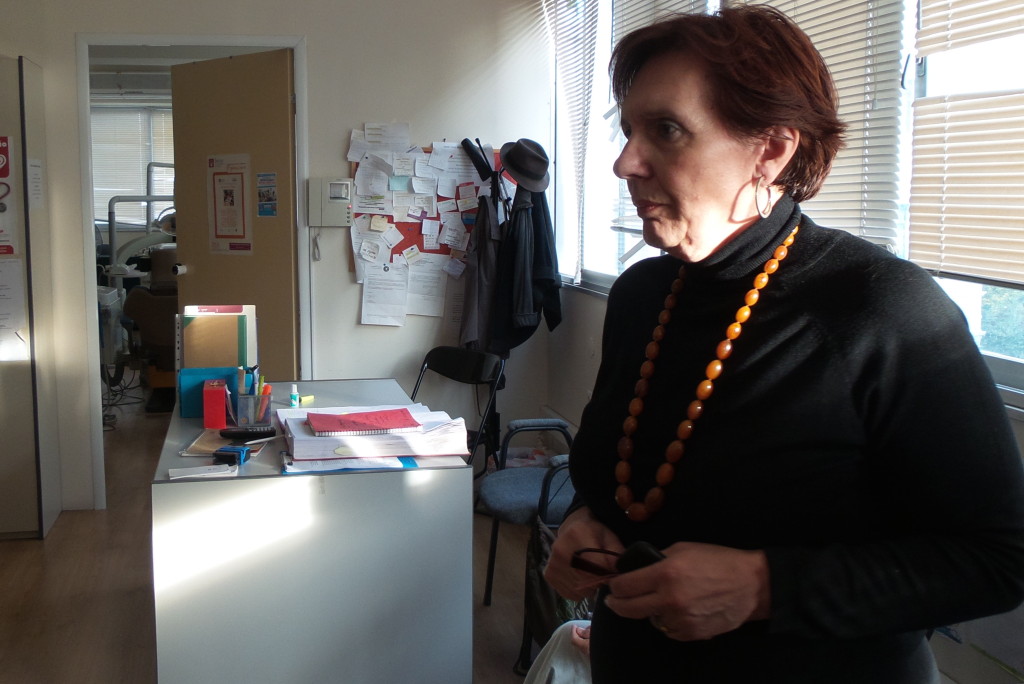
“I had said I wasn’t going to write no more poems like this
I made a mistake”
Gil Scott-Heron
On Wednesday, the headline read: “What is our future?’: the Nauru detention centre was empty. Now 100 asylum seekers are held there”. We’re ba-a-a-ack! Not haunted by supernatural beings, but rather by our own supposedly democratic natures that insist on greeting those who need help by treating them as just so much garbage, dumping them anywhere but here. In this instance, the anywhere is Nauru. Nauru, which closed for all of two minutes is up and running, and not running again.
At the end of June 2023, Human Rights Watch reported, “Over the weekend, the last refugee held on the island country of Nauru under the Australian government’s abusive offshore processing policy was finally evacuated to Australia. Despite the good news, the Australian government remains committed to its unlawful and expensive policy of offshore processing of asylum seekers. In this year’s budget, the government allocated AU$1.5 billion (US$1 billion) over the next four years to fund offshore operations.” After eleven years, the immigration processing center, which processed almost no one, was finally closed, that place which both Human Rights Watch and Médecins Sans Frontières described as a place of “indefinite despair” and “sustained abuse”, descriptions which were documented and, tragically, repeated year in and year out, from 2011 on. Finally, that particular site of abuse and despair was empty.
Or was it? If Nauru was closed, what was Australia allocating a billion US dollars for? In July 2023, the BBC asked the same question, and their answer, in a word, was deterrence. The fact that researchers have repeatedly found that offshore processing has little to no effect on maritime arrivals. Why would Australia, and Australia is just an example here of an attitude and policy shared by many so-called receiving countries, invest so much money in a policy that doesn’t work? Indefinite despair.
In September, Nauru greeted the first “new” batch of asylum seekers. This month already, 37 have arrived. If history is any indication, they will spend years there. Medical care on Nauru is limited, at best, when there’s any care at all: “There is no dedicated torture and trauma counselling available to asylum seekers, and specialist care – such as ear nose and throat, eye, renal, and hearing specialists – are not available.” Why would someone fleeing “severe persecution” of all sorts need or want torture or trauma counselling?
Since 2013, we’ve written repeatedly about the cruelty and routine torture taking place at Nauru. That’s what a billion US dollars buys, for four years at least, a house of cruelty, a camp of despair. In 2012, Marianne Evers, a trained counsellor and a nurse with more than 40 years’ experience, signed up to work for six weeks at Nauru. She lasted three weeks. In 2013, speaking of Nauru, she said, “I actually liken it to a concentration camp.” Not surprisingly, the Australian government took offense at the likening, “I think invoking concentration camp is a disgrace.” Calling the camp on Nauru Island a “concentration camp” was a disgrace, but the camp itself … was just fine. And it still is.
(By Dan Moshenberg)
(Image credit: Zarina: Despair from Home Is a Foreign Place / Museum of Modern Art)
